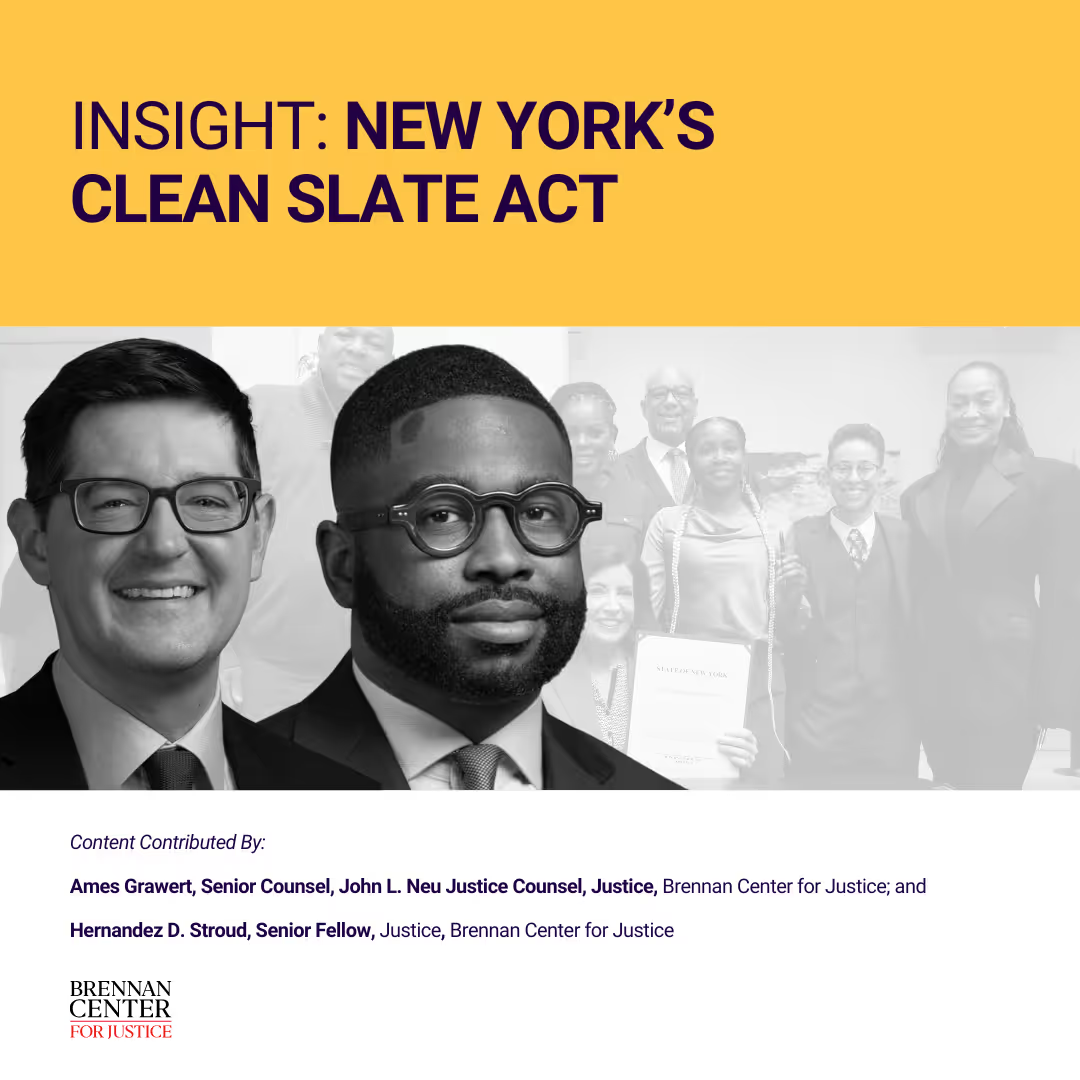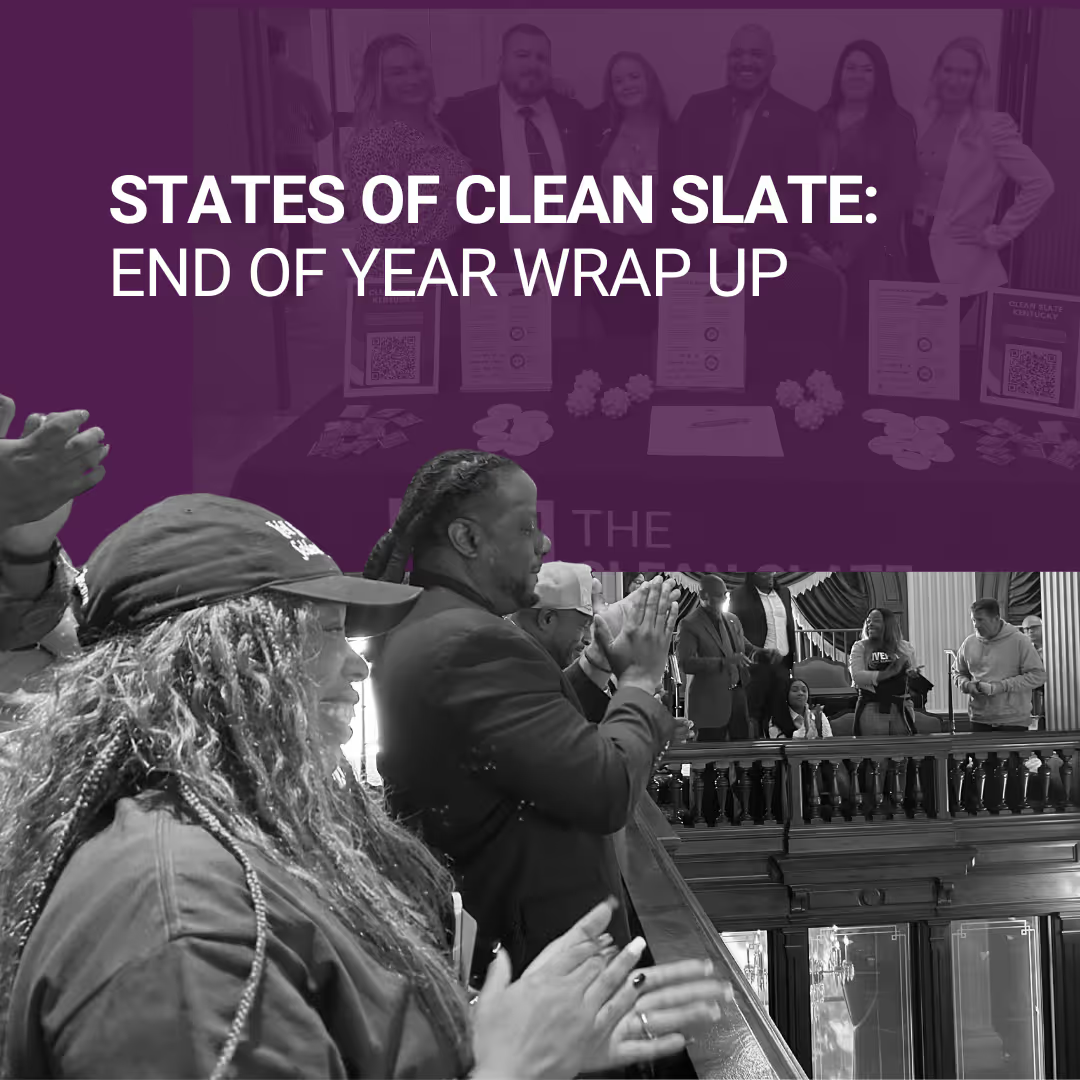Five Simple Mistakes That Could Turn into a Lifetime of Punishment

Most people think of an arrest or conviction record as the result of serious crimes — but in reality, even small, everyday mistakes can snowball into lifelong punishment. From a teenage misstep to a missed court date or a bounced check, people across the country can end up with records that limit their ability to work, rent an apartment, or provide for their families. These records don’t just punish a moment in time — they follow people for decades.
Here are five common situations that show just how easy it can be for a simple mistake to turn into a lifetime of consequences:
1. Teenage Mistakes That Last a Lifetime
A teenager caught shoplifting, fighting, or even just hanging out with the wrong group can face adult charges that follow them for decades — long after they’ve grown up. In many places, first-time offenses aren’t automatically sealed, which can lead to a childhood mistake following some people for the rest of their lives.
2. Confusing Marijuana Laws
Is Marijuana use, possession, and/or sale legal where you live? What if you travel out of town? Research shows that half of all Americans have tried cannabis. For some — and disproportionately for Black and Brown people — it could mean an arrest, a record, and lifelong consequences. Now, marijuana possession is decriminalized or legal in more than half the country, but that doesn’t undo the consequences for people who were punished in states where it was once illegal. Millions of Americans continue to suffer from the collateral consequences of an arrest for marijuana use, and, because of the confusing current patchwork system of laws, more continue to be unfairly penalized and face lasting stigma for an honest mistake.
3. Missing a Court Date Over a Traffic Ticket
Couldn’t take off work or find childcare to go to court over a traffic ticket? Forgot to pay a fine? Did the post office misdeliver notice of your court date? In some states, that’s enough to trigger a bench warrant or misdemeanor charge — and just like that, they have a record that makes housing, employment, and even education harder to reach.
4. Driving With a Suspended License (Without Even Knowing It)
Sometimes losing a driver’s license isn’t a result of reckless driving. Sometimes, it’s not even a result of anything someone did behind the wheel. In some states, a person could lose their license over unpaid parking tickets, court fines, or child support. And, especially for people in areas with little or no public transportation, that could mean losing the only way to keep a job, get groceries, or get themselves or their children to appointments. Sometimes people choose to drive without a license — not in defiance, but in survival. And if they get caught, suddenly, they’re facing an arrest or a misdemeanor charge that creates even more barriers to living a stable life.
5. Bouncing a Check When Struggling to Get By
With millions concerned about rising prices, trying to cover rent or buy groceries with an overdrawn account might feel more relatable than criminal. Maybe a charge hit their account that they weren’t expecting, or maybe a paycheck was smaller than anticipated because the overtime pay wasn’t deposited. In many states, defaulting on a check can result in a conviction for fraud and lead to decades of barriers to employment and housing.
.avif)
.avif)
.avif)
.avif)



